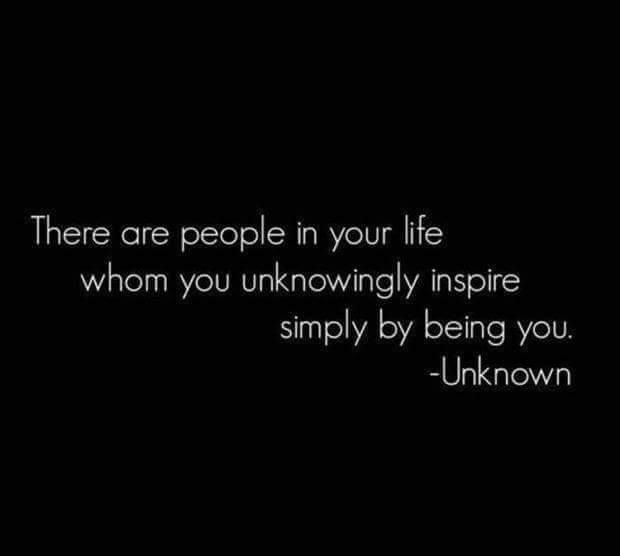As I watch the news, I’m struck by the subtle ways that prejudice is spread. Nobody notices, but our brains do. So we accept it, coming to believe that what has been hinted at is true.
Two examples: 1) A suspect in an assault is referred to as “a homeless man,” but never “a man who lives on Gregory St. in San Jose.” 2) The person who vandalized is “a Black man,” but you don’t hear that the person was “a White man.”
The result is that our brains think, Of course, because Black men are dangerous and homeless people don’t care about anything or anyone.
It doesn’t seem right to me. It DOES seem like we need to filter what we hear before its implications get lodged in our brains.





Compassion in Social Media
People are frustrated by virus restrictions and political warfare. We’re so tied up in knots that some things that we’d normally take in stride become a major offense against us. Like someone not picking up after their dog or giving a handout to a homeless person or having an opinion contrary to our own. So we express it on social media. And the tirades against us for what we’ve said pour into our “comments” section. Which adds to our feelings of unfairness and being personally attacked. In the process, we’ve missed an opportunity to build up the human family, failed to protect its members. Instead, we can try to understand what the poster is feeling, especially since we’re feeling just as frustrated and powerless. We can respond not with attacks but with “I’m sorry this is happening to you” or “I disagree but understand your position.” These are difficult times, times when our responses need to be compassionate and empathetic, not angry, vicious, and dismissive.